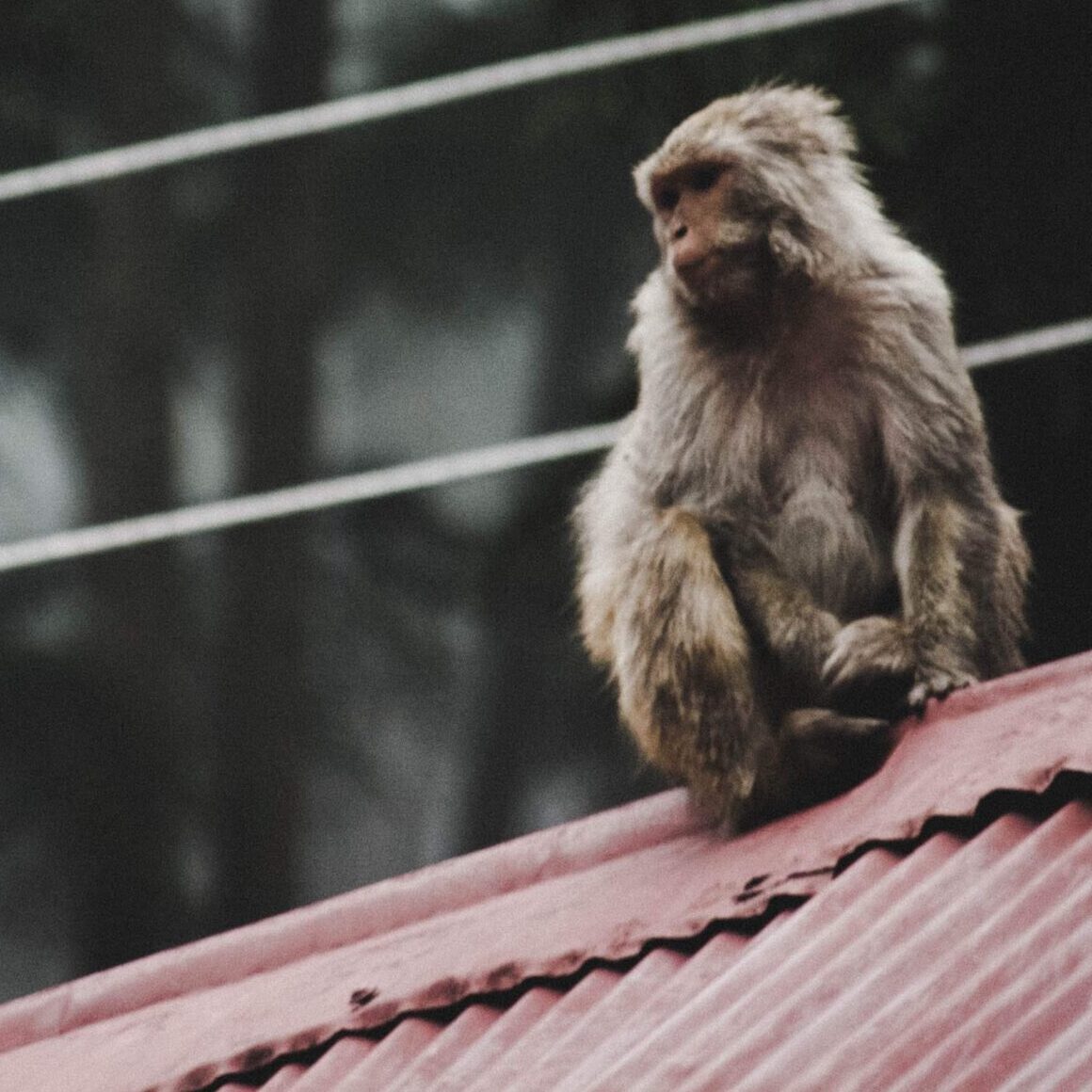The word “pirate” likely evokes an image of a captain with an eyepatch, hook and peg leg armed with a cutlass and musket. “Yarr harr harr!” he exclaims as he mans the rudder of his mighty galleon, sailing the seven seas with his trusty parrot and crew. These are not the pirates I will talk about. The only similarities that modern day pirates share with the pirates of our imagination is that they both operate on the water and steal. I want to talk about a deeply unfortunate situation concerning Somalian piracy and its complications.
There is a naval route connecting the Red Sea and the Indian Ocean that’s used frequently for trading goods around to and from the Middle East. The only entrance from the is through a narrow patch of sea called the Gulf of Aden which neighbours the country of Somalia. Somalians living in villages coastal to the gulf capitalize on the restrictive nature of the passageway to steal from cargo ships passing by the use of armed forces, capturing and taking hostage cargo ships and their crew for ransom. This is an extremely active and lucrative business. In just the past ten years, hundreds of captures have been made by the pirates and it has been estimated that billions of dollars have been spent dealing with pirates.
On the surface, this seems like a very black and white situation: the pirates are evil and greedy, seeking to disturb international trade and we must stop them. That’s not quite the case though. Efforts to mitigate piracy have worked, but they don’t resolving the underlying issue at hand, merely providing a temporary relief. A very costly temporary relief, at that. To understand, we must take a deeper look at Somalia.
Somalia is a poor country with many internal conflicts that have yet to be resolved. It’s going through a period of civil war, leaving it with an impaired ruling body and unfavourable living conditions for its citizens. Coastal villages used to make a living off of fishing, but recent competitive foreign fishing ships have made this job impossible. Villagers are left with no choice but to turn to piracy in order to keep living. By amassing large amounts of firepower and fleets of small, fast skiffs, they’re able to overpower unarmed cargo ships sailing through the narrow passageway.
Due to the state of Somalian internal affairs, these actions are completely ignored by their government, or lack thereof. There’s no police to report to, nor any jobs that can provide an alternative to piracy. Thusly, international forces have stepped in with big, costly warships patrolling the gulf to protect against the pirates. However, military intervention cannot end piracy. Cargo crews have a reasonable disdain for pirates, but international law forbids capturing, much less killing, of pirates unless they are explicitly caught in the act which furthers the disdain. It’s a stalemate currently, and a funny incident I saw in a documentary highlights this. A warship captured approaching pirates with copious amounts of firearms, but as they hadn’t been seen doing anything illegal, no arrests could be made. Instead, the pirates were given some sandwiches and released. They must not have been very experienced because they got lost and even came back to the warship to ask for directions, which were given.
While military intervention deterred piracy, the cost is great and the threat is constant. Somalian villages still suffer, and without any remedy to their suffering, piracy is sure to rise if warships ever retreat. It’s hard to see Somalians as simply evil and greedy in this context. A Ukrainian cargo ship, the MV Faina, was hijacked by pirates and crew members were subject to horrible conditions for months as negotiations fell through. A mother of a crew member managed to get into contact with the pirate captain and she even said the captain seemed normal and reasonable. The captain claimed he didn’t want to be a pirate and just needed work and asked, “When is the ransom coming? The people on board are suffering.”
It’s hard to evaluate the moral actions of Somalian pirates. They have caused death and left deep scars in hostages and their families, but one must be naively cynical to say that these actions were purely out of evil or greed. Somalians have families they need to feed too, a need that’s not met unless they turn to piracy. Military members that have gone to defend cargo ships to see and understand the situation firsthand have even began questioning what they’re fighting for. It’s truly a heartbreaking situation to see, for both sides. I hope a peaceful resolution comes soon.

